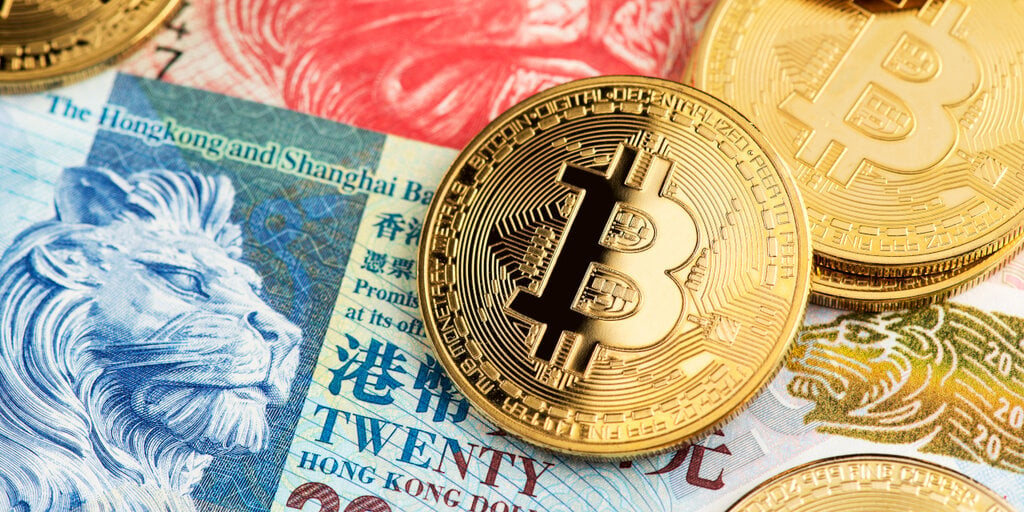

In a significant development for the cryptocurrency market in Hong Kong, spot Bitcoin and Ethereum exchange-traded funds (ETFs) could start trading by the end of this month, according to Markus Thielen, a seasoned analyst and founder of 10x Research. Thielen, who also crafts research reports for the Singapore-based trading platform Matrixport and previously headed its Research and Strategy department, shared his insights with Decrypt, pointing out that while a specific trading date is yet to be finalized, expectations are pinned on April 30.
This announcement came on the heels of Hong Kong’s conditional approval for several spot Bitcoin and Ethereum ETF applications managed by major firms including China Asset Management, Harvest Global, Bosera, and HashKey. The move follows the trend set by the United States in January, where the approval of spot Bitcoin ETFs led to a noticeable surge in demand for crypto asset exposure, propelling the latest bull run in the crypto space. However, Thielen emphasizes that the success of Hong Kong’s ETFs will largely depend on whether investors from the Chinese mainland will be able to purchase them.
The Shanghai Stock Exchange’s southbound stock connect program allows qualified investors from mainland China to access eligible Hong Kong financial assets, subject to a daily quota. Thielen pointed out that this program permits mainland investors to allocate up to ¥500 billion (approximately $69 billion USD) annually towards Hong Kong-listed stocks. Over the past three years, the annual unused quota was between HK$100 billion and HK$200 billion ($15 billion to $25 billion USD), indicating a significant potential for mainland investment in these ETFs if allowed.
However, Thielen believes that it is unlikely these ETFs will be included in the southbound program anytime soon, suggesting a wait of at least six months before any potential inclusion. Most market participants also share this view, expecting that Chinese mainland investors might not be able to buy these products immediately and that they will not be added to the southbound connect program without regulatory changes.
Despite regulatory hurdles, Thielen speculates that China might leverage Bitcoin to diversify its asset base amid concerns over the country’s property market and a decade-long stock market weakness. He referenced the ban on certain forms of Bitcoin activities in China, suggesting it was motivated by concerns over scams and illegal capital raising. Thielen argues that a regulated product like the Bitcoin and Ether ETFs could be more favorably viewed.
The conversation around cryptocurrencies continues to be vibrant in China, despite the country’s ban on crypto trading and mining in 2021. It was reported that in 2023, Binance processed $90 billion worth of transactions from Chinese traders in just one month, indicating the significant interest and participation from the region.
Hong Kong has been actively positioning itself as a next-gen crypto hub, opening trading to retail investors and approving crypto spot ETFs. Experts believe that these moves could signify China using Hong Kong as a “testing ground” for broader cryptocurrency adoption and regulation, evidenced by the approval of these ETFs by leading financial market authorities in Hong Kong, under the watchful eye of China.
Thielen, however, cautions that the appeal of ETFs in Asia might be limited due to investment culture differences, as investors in the region typically favor direct and concentrated bets over baskets of investments. Yet, since these ETFs represent single assets, they might appeal more to Asian investors, potentially leading to a higher success rate compared to other ETFs comprising multiple stocks.
This development marks a pivotal moment for the cryptocurrency market in Hong Kong and could have far-reaching implications for the global acceptance and integration of Bitcoin and Ethereum into mainstream financial markets.
Source






